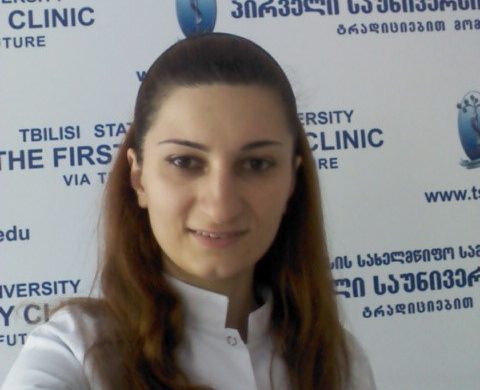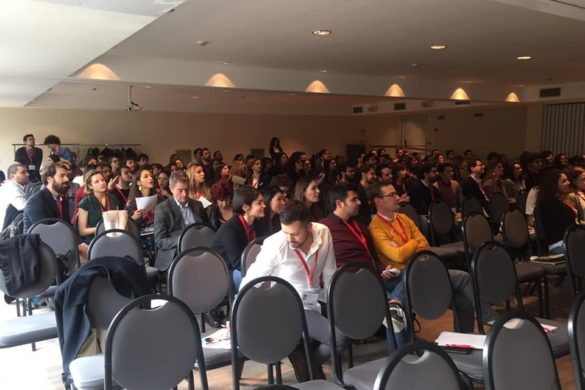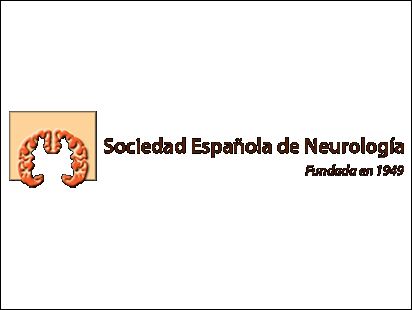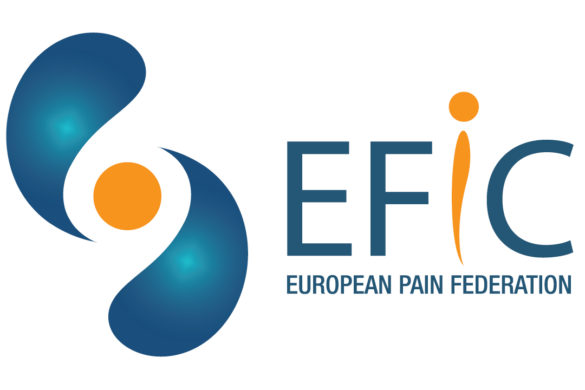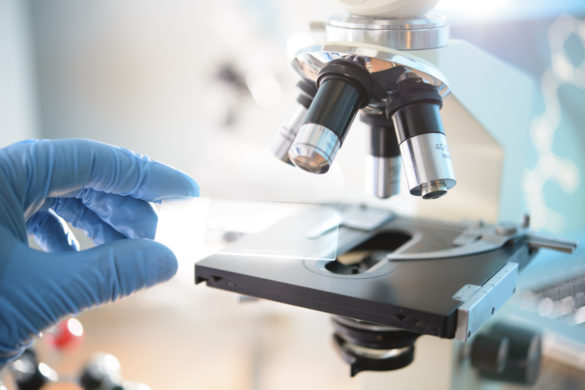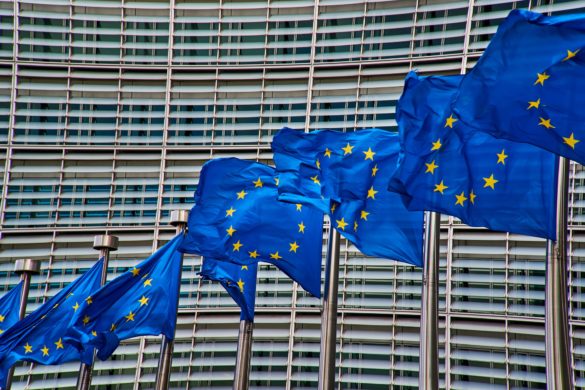Under the umbrella of the Women’s Brain Project (WBP), the second international Forum on Women’s Brain and Mental Health was held in Zurich (Switzerland) on June 8-9, 2019. This year the event was attended by more than 100 participants, coming from all over the world. With a patient-centered and multistakeholder approach, scientists, clinicians, patients, FDA, and drug developers and regulators, the World Health Organization, Google, and the OECD met together to discuss hurdles and potential solutions to the gender bias pervasive in science.
“Position papers and calls to action will be some of the tangible outputs of the Forum, specified Dr. Ferretti”, Chief Scientific Officer at WBP. To engage policymakers and regulatory authorities in the goal of better science and data to address sex and gender differences in brain and mental health is at the core mission of WBP says Dr. Schumacher, WBP President.
The Forum program spanned over two days of eight different panels’ interactive discussions, dealing with basic science of sex differences, socioeconomic factor, sex and gender differences in migraine, neurodegenerative disorders, stroke, and psychiatric disorders, women and clinical trials, sex and drugs’ impact, and sex differences in biomarkers and artificial intelligence. Each Panel provided an introduction of the main topic, followed by a multidisciplinary interaction in a very innovative setting.
Sex differences and disparities were recognized in several countries, including Europe, USA, Australia, and India. The participation of the attendees, women and men, was enthusiastic and vibrant.
“This Forum is a clear example of female leadership in health. Achieving precision medicine – starting from sex and gender and then including any other type of diversity, to move from “shallow medicine” to precision medicine, will impact the cost of health as well as our collective ability to provide better, more adequate treatment across the board,” says WBP co-founder and CEO, Antonella Santuccione Chadha.
As a main take-home message, this event stresses the urgent need to develop effective treatments for personalized health and well-being considering sex and gender differences.
by Elena Moro, EAN Treasurer





